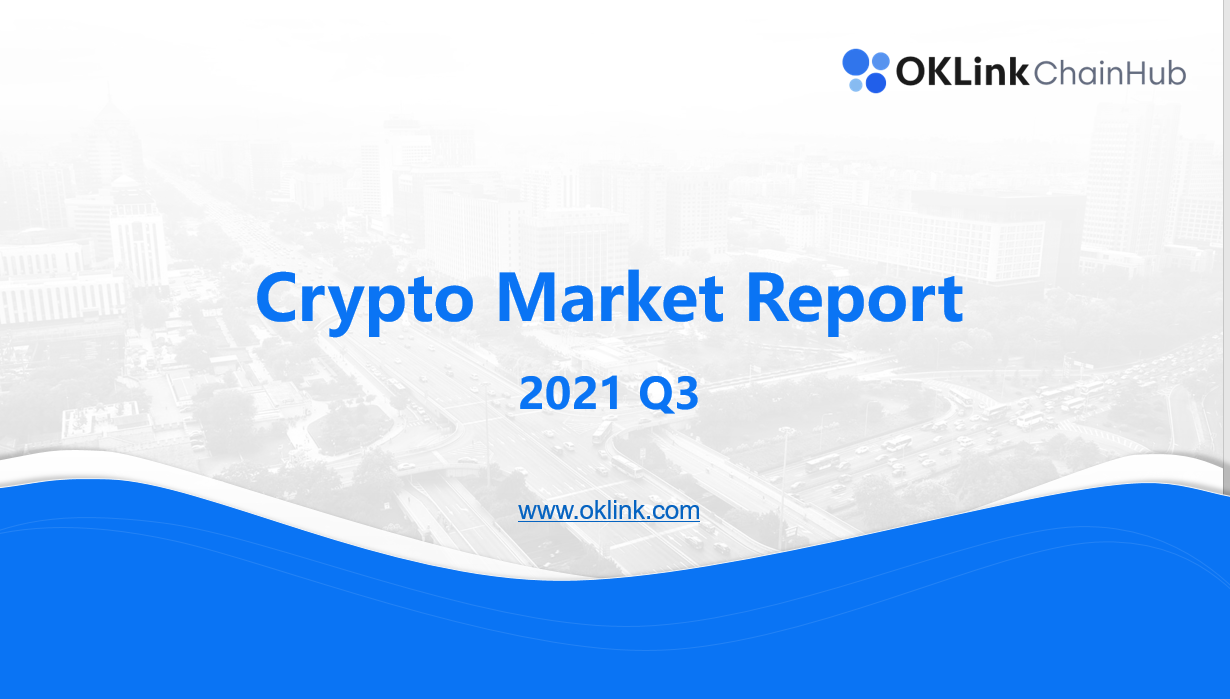
Central banks and BIS publish first central bank digital currency (CBDC) report laying out key requirements
The article was first produced in prnewswire. Link:: https://www.prnewswire.com/news-releases/deloittes-2020-global-blockchain-survey-nearly-40-of-respondents-have-blockchain-in-production-affirming-blockchains-maturity-as-a-true-strategic-priority-301077732.html
By Deloitte Consulting LLP
Now in its third year, Deloitte’s “Global Blockchain Survey” reveals a compelling evolution of blockchain from an experimental, disruptive technology to a true strategic priority for organizations. Survey respondents indicated increased sentiment; investments; and more strategic talent sourcing and requirements for blockchain initiatives. For the first time, the survey digs into the role and evolution of digital assets.
Among the key survey findings:
Increased advances of large-scale blockchain initiatives are occurring including blockchain-based financial infrastructure to simplify global money movement and commerce, as well as distributed ledger technology for trade finance and blockchain-enabled track-and-trace platforms, among others. The survey report also revealed increased blockchain initiatives in daily processes including title transfer and protection; patient data storage and retrieval; and more efficient voting or food sourcing tracking.
“While blockchain was once classified as a technology experiment, it now represents a true agent of change that is affecting the entire organization,” said Linda Pawczuk, Principal, Global and US Consulting Leader for Blockchain and Digital Assets, Deloitte Consulting LLP. “Like many disruptive technologies, it has evolved from a merely promising and potentially groundbreaking approach to a now integral solution to organizational innovation. This year’s survey suggests that blockchain is solidly entrenched in the strategic thinking of organizations across industries, sectors and applications.”
“Our survey confirms what we see in the marketplace — a proliferation of digital assets used as a means of exchange, a store of value, digital representations of specific assets, or equity in a company,” said Rob Massey, Partner, Global and US Tax Leader for Blockchain and Digital Assets, Deloitte Tax LLP. “Digital assets are now enabling enhanced commercialization models across industries and geographies.”
Regional analysis
Asia Pacific responses revealed a widespread recognition of blockchain’s strategic value, while China expressed concerns over cross-border implications. Germany exhibited substantial activity around crypto regulation. UAE exhibits continued emergence of a digital assets ecosystem and the survey report signals Israel’s blockchain innovation leadership.
Consortia and governance
The survey also revealed leadership perspectives around joining consortia and an increased understanding of the benefits of consortia to help address regulatory and other complexities of implementing blockchain. These same leaders shared concerns about how consortia are run, how decisions are made, and how profits are shared across memberships. These concerns can be exacerbated further based on geographic, namely cross border, and industry-specific governance.
Disclaimer: The Content is for informational purposes only, you should not construe any such information or other material as investment, financial, or other advice.

Central banks and BIS publish first central bank digital currency (CBDC) report laying out key requirements

2021 Q3 Crypto Market Report

Decentralized finance Is a continuum
industrial-trend-en